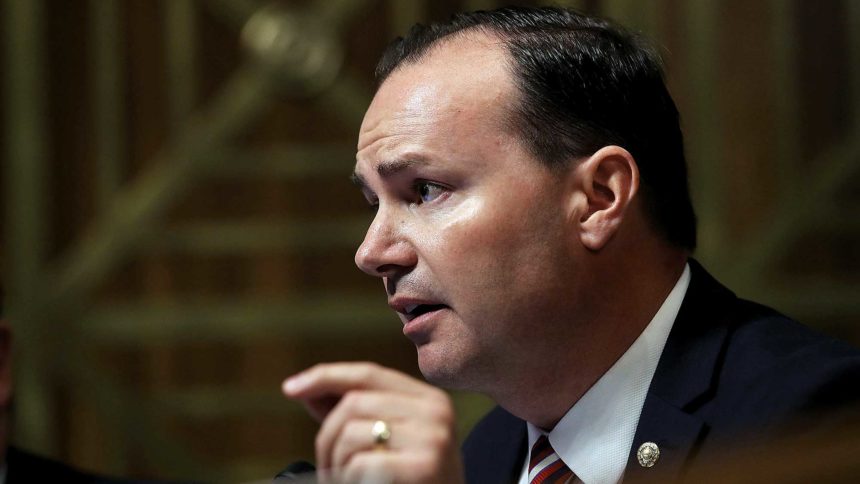
Members of Congress are worried funding projections for two of nursing homes’ biggest payer sources may be too low, after failing to account for the changing lifestyles of baby boomers.
Republican leaders with the Joint Economic Committee released a new report last week, noting a potentially “weakening of associational life” among older Americans. The report asserts that Medicare and Medicaid spending estimates may be too low because they don’t factor in seniors’ eroding safety nets, which could spell a greater than expected need for nursing home care.
“The decline in social capital among the elderly, by increasing demand for institutional care, is likely to worsen federal and state deficits,” Republican economic committee members wrote Thursday in “An Invisible Tsunami: ‘Aging Alone’ and Its Effect on Older Americans, Families, and Taxpayers.”
Examining data from the Health and Retirement Study conducted by the University of Michigan, the report notes that the number of retiring adults living with a spouse or partner has dipped from 75% in the early 1990s to 69% in 2014. Those number have been driven down by declining marriage rates and higher divorce rates. The number of retiring adults living within 10 miles of an adult child has also dropped from 68% down to 55% during that same span, while the total tally of children born to retiring adults fell.
Another recent report by the Harvard Business School noted businesses have been largely disconnected from the caregiving needs of their employees.
All this creates a weaker network for retirees in the years to come. However, the long-term care industry may benefit as more seniors seek out rehab, nursing care and hospice.
The Washington Post noted Friday that efforts are afoot to try and have the Medicaid program take better stock of the nonmedical need of beneficiaries, including housing, transportation and food. In 2017, 19 states required private Medicaid plans to screen patients for social needs.




